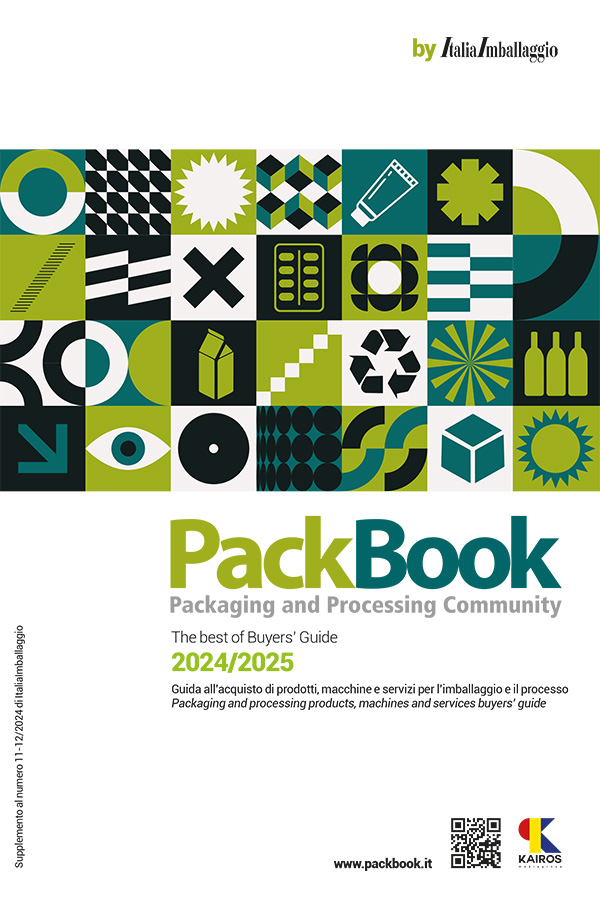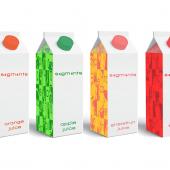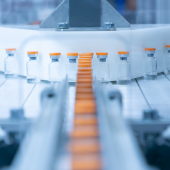The future of packaging? Supply chain cooperation and sustainability
Cama, Baumer, Zacmi, Clevertech, Tosa, Opem - companies that have created the Smart Packaging Hub platform - met live at the Cibus Tec Forum, helping to animate the debate on emerging trends in packaging, distribution and the environment.
M. Costanza Candi
A virtual-to-real workshop
Objective: to start a dialogue between the six machine manufacturers of the Smart Packaging Hub and the end user - to discuss the daily challenges facing the Food & Beverage market from the packaging perspective.
The workshop analysed the changes in product distribution and the consequent demand for different types of packaging for e-commerce and the large-scale retail trade. It examined and analysed the evolution of premium products, as well as ready-to-consume products, sustainability and plant-based drinks and even coffee packaging. Naturally, there was no shortage of reflections on how much environmental concerns, the recyclability of materials, the evolution of plastics and new palletising systems are affecting machine design and business for companies.
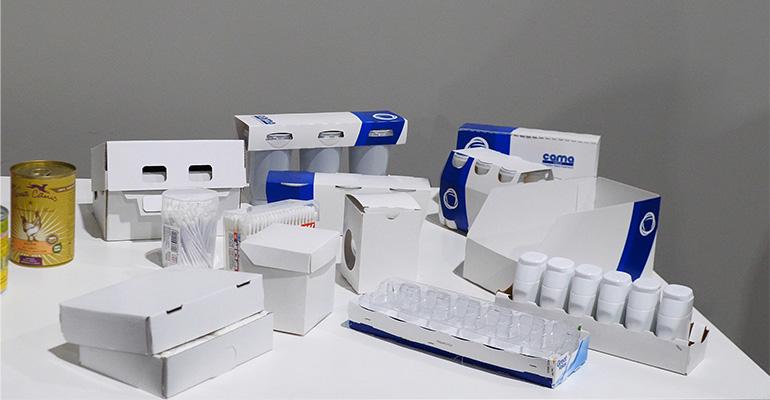
The opportunity to animate the panel "The packaging industry: what's new and what's on the horizon? The manufacturers' point of view" (25 October, Parma, Cibus Tec Forum) was taken at face value by the group of companies that make up the Smart Packaging Hub, which for years have been pursuing the idea of collaboration as a business development lever in a supply chain logic. It all started with an informal chat and then evolved into the SPH digital platform, "a virtual meeting place where innovative projects for the food and beverage industry can be discussed and technological issues can be explored in depth with experts in the field".
Collectively, Cama, Baumer, Zacmi, Clevertech, Tosa, and Opem make up a composite reality, which today has a turnover of 400 million, 90% of which is achieved through exports, 1,200 machines delivered each year, 2,000 employees, and an investment of over 5% in R&D.
On the sidelines of the workshop (of which we have provided a brief excerpt in the box), ItaliaImballaggio met Cristian Sala and Paola Fraschini, respectively Sales Executive Manager and Marketing Manager of CAMA Group - promoter and leader of the SPH project from the very beginning - who led the discussion.
«We have outlined the trends in secondary packaging, analysing them and the directions they are taking», says Cristian Sala. «Given the breadth and variety of applications of secondary packaging, it is impossible to define them all; that is why we started from the consideration that packaging was initially designed to protect goods and facilitate their movement from the factory to the shelf, while today it conveys different concepts, from marketing to product information, taking on meanings it did not previously have. We have also explored the concepts of sustainability, which for us at CAMA means using durable or recyclable materials. A recent research shows that a staggering 64% of the waste in food comes from packaging. Looking at the materials, I would like to point out that CAMA has always operated in the world of cardboard and corrugated cardboard, and today to a lesser extent, biodegradable plastic. Technological investment is therefore constant, especially for the critical issues related to paper and paper variants during production. The constraints of international regulations also impose ever tighter requirements on companies. Packaging is in fact an increasingly complex issue that includes the communication of values and concepts, technical and technological development, and compliance with the regulatory framework. The evolution of the sector is therefore linked to the interaction between customer demands, propensity for innovation and regulatory pressure».
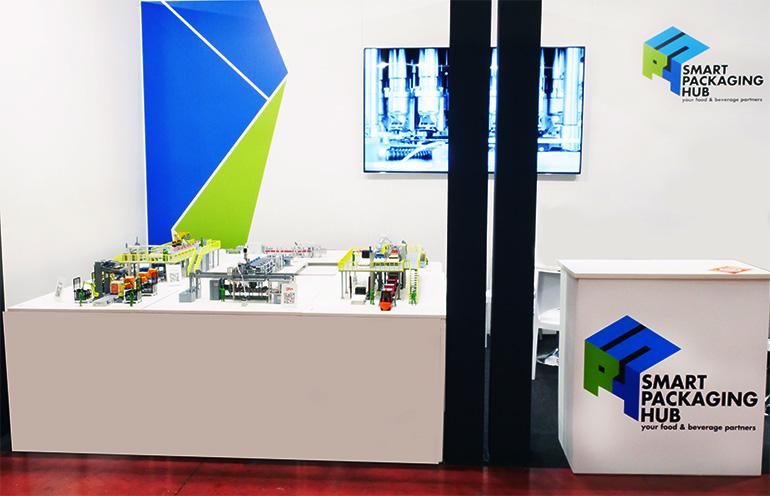
Paola Fraschini continues, «The network we have created responds to the need to offer a supply chain perspective to the increasingly complex demands of the market. The Smart Packaging Hub was created during the pandemic, when it was not possible to meet in person: a team of companies that had known each other for some time therefore came together in a virtual platform, backed by solid foundations in the real world. By accessing the platform, it is possible to discover the technology offered by each individual company and to follow a series of virtual events that, at Cibus Tec, came out of the digital environment by offering a live workshop to the professional public in Parma, to offer a vision of the state of the art starting from the basics and indicating where we want to go. The idea is that the platform will remain active and continue to operate over time, with valuable content, guides, and white papers to complement publications on the subject with the expertise of the companies involved. In this way, companies are able to offer a turnkey service to customers and prospects, from product design to primary product processing to tertiary, where a company can act as the prime contractor and follow all phases of a project all the way to the end user».
